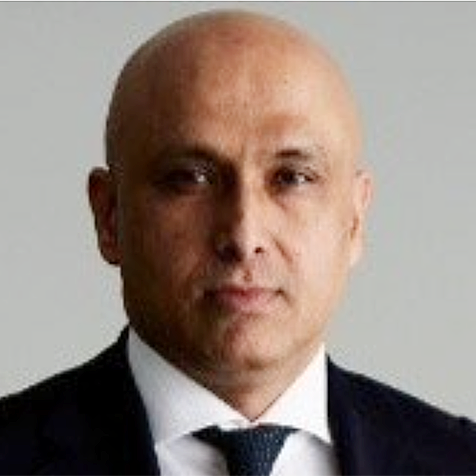Equity investors would do well to consider the Indian and Indonesian stock markets in the second half of 2023 as they provide the best opportunities for growth, according HSBC.
“The markets where really the excitement is growth-wise, not only this year, but next year, is not in North or Northeast Asia, but actually in South and Southeast Asia – India and Indonesia, in particular,” Herald van der Linde, head of equity strategy, Asia-Pacific, at HSBC, said during a presentation of the bank’s outlook for H2 2023.
“We can actually have some confidence in earnings growth, particularly in India and Indonesia for the next two or three years, as well as the level of that growth – close to 20% in the case of India, for example. It’s all really good. We think that those markets should be overweight.”
The Indian and Indonesian markets have underperformed so far this year because of what van der Linde says is a rotation of investments to Chinese equities.
“People are taking money out of India and Indonesia in particular. We think that that rotation has already started to reverse. So, we see money now moving from China, but also Korea and Taiwan, into India and I suspect Indonesia as well. In the rest of Asia, this hasn't happened necessarily yet. I think a lot of that has got to do with the (initial public offering) market,” he elaborates.
Globally, Indonesia has been one of the hottest IPO markets year-to-date, with the number of IPOs in the country exceeding that of Hong Kong and the United States.
“That is quite unprecedented, but it means that people need to take money aside to prepare for these IPOs. That has been a little bit of a drag on the stock market,” van der Linde says.
Indonesia was the most active in Q1 2023, with 30 IPOs raising US$828 million, followed by Thailand (10 IPOs, US$322 million), Malaysia (10 IPOs, US$238 million) and Singapore (one IPO, US$15 million), according to Ernest and Young.
In Q1 2023, Hong Kong hosted 18 IPOs, which raised HK$6.6 billion (US$840 million), versus 15 IPOs raising HK$13.6 billion in the same period a year ago, according to Deloitte data.
Prospects turning positive
While Hong Kong and Chinese equities still present opportunities, the upside for them may be a bit delayed depending on the pace of economic recovery in these markets.
“There is a lot of talk about the distinction between the A-share and H-share markets. If bond yields started appearing, that would particularly be very positive for the H-share market in Hong Kong, but so far that hasn’t happened yet. The nature of the recovery that is coming through seems to be favouring the A-share market in Shanghai, a little bit more so,” Van der Linde says.
Overall, the prospects for Asian equities are turning positive following the market downturn in 2022 as the growth outlook in the region is more positive and robust than in other parts of the world.
Looking at the markets that have actually performed, it’s not China but Taiwan and Korea. “A lot of that has to do with two reasons. One is that the world is in a little bit of a better place than what we anticipated maybe 12 months ago. So, there have been more exports than what people anticipated and that's a positive, in particular for Korea and Taiwan, which are really heavily export-oriented stock markets. Secondly, there are particular themes that have driven these markets. Think about artificial intelligence, very prominent in those two markets,” Van der Linde says.
Going forward, the export cycle is expected to weaken, although there may be opportunities in individual sectors such as technology. “Tech exports and tech demand might weaken. We can already see signs that quite possibly in the second half of this year, the DRAM cycle, the memory cycle in Korea is going to improve and that could provide support to that particular segment in the Korean equity markets,” he says.
Van de Linde says the main risk to Asian equities comes from a drop in earnings growth and bond yield. “Bond yields might not decline, inflation might prove to be rather sticky, and the market is not really fully anticipating that maybe there's another rate hike coming through in the US. That is a risk. Although the consensus forecast looks pretty robust at the moment, we do need to see further evidence that that is grounded in reality,” he adds.









